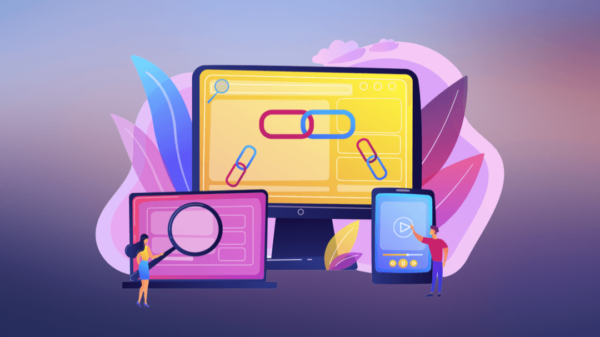Due to how much technology evolves and our continued reliance on electronics, there has never been a better time to become an electrical designer. Of course, the role is not a straightforward one. Acting in order to produce a high-functioning electronic product might seem fairly simple on paper or when it’s explained in books, but the skills necessary and the resources required in order to successfully engage in electronic design are vast.
The most important thing when it comes making sure you are successful in electronic design is by gathering as much knowledge as you can and then applying that knowledge into your design. Not only that, but the process you use to design needs to be bulletproof and as such, needs to allow you to reach your goal with little to no errors. This article is going to talk in more detail about some of the best pieces of advice that you should keep in mind if you are interested in successful electronic design.
Have a Full Understanding of the Requirements
One of the most common mistakes that tends to get made by engineers is to dive headfirst into a design and detail needed without properly understanding what is being asked of them. When you are given a brief or given the requirements necessary for what is being designed, these are there in order to efficiently describe both the product itself and the necessary functionality of said product as well. As such, the requirements need to be thoroughly studied before you begin the design process. If you misinterpret the requirements, then there are going to be mistakes from the word go and as such, the final design will not be acceptable.
Have Access to Helpful Resources
As stated above, one of the reasons why electronic design is so important these days is due to the fact technology continues to develop, and as such, so too does our reliance on said technology. You can rely on it as well as a designer. There is software out there which makes the design process a lot more straightforward, and as such, you should certainly consider using this in order to make the process a bit more streamlined. One of these pieces of software is Altium which allows you to share and view Gerber files easily without the complicated mess. This allows you to get feedback on your design and show it to whoever requires it.
Always Start with a Block Diagram
Before you begin any kind of project, you should make sure that you are starting off with a block diagram. This is an outline for yourself that you are going to be able to follow, which will allow you to better visualize the whole design process beforehand so that you can properly plan and also set your goals accordingly. Your block diagram should consist of several different blocks that can be put together, and that have an interconnecting nature so that you can follow them easily. Not only that, but each of these blocks should have a list of inputs and outputs as well.
Break It Down Into Units
A lot of people try and take the entire circuit and view it as a single entity. Whilst this can work, you should instead divide the unit into several functional units that are able to be modified and subsequently worked upon independently of one another. This means that if you are working with a team, then you can divide up tasks depending on what the units are. This is a good divide-and-conquer strategy that a lot of professionals use and is an excellent way to ensure success throughout the process. It allows you to properly pinpoint the various blocks that might need additional work without disrupting the function of some of the other blocks.
Don’t Be Afraid to Ask for Help
Finally, a lot of the time errors are made in the design process purely because a designer has not asked for help. If you are stepping into a really detailed design, then the more information that you have, the better. More information can help you when it comes to completing the design quickly and free of errors. As such, if you are struggling, then you should be sure to reach out to others who have worked in this field or on a similar design and see if they have any advice that they can offer. There are also online forums, resources, and helpful blogs that you can refer to whenever you need added assistance.




























































